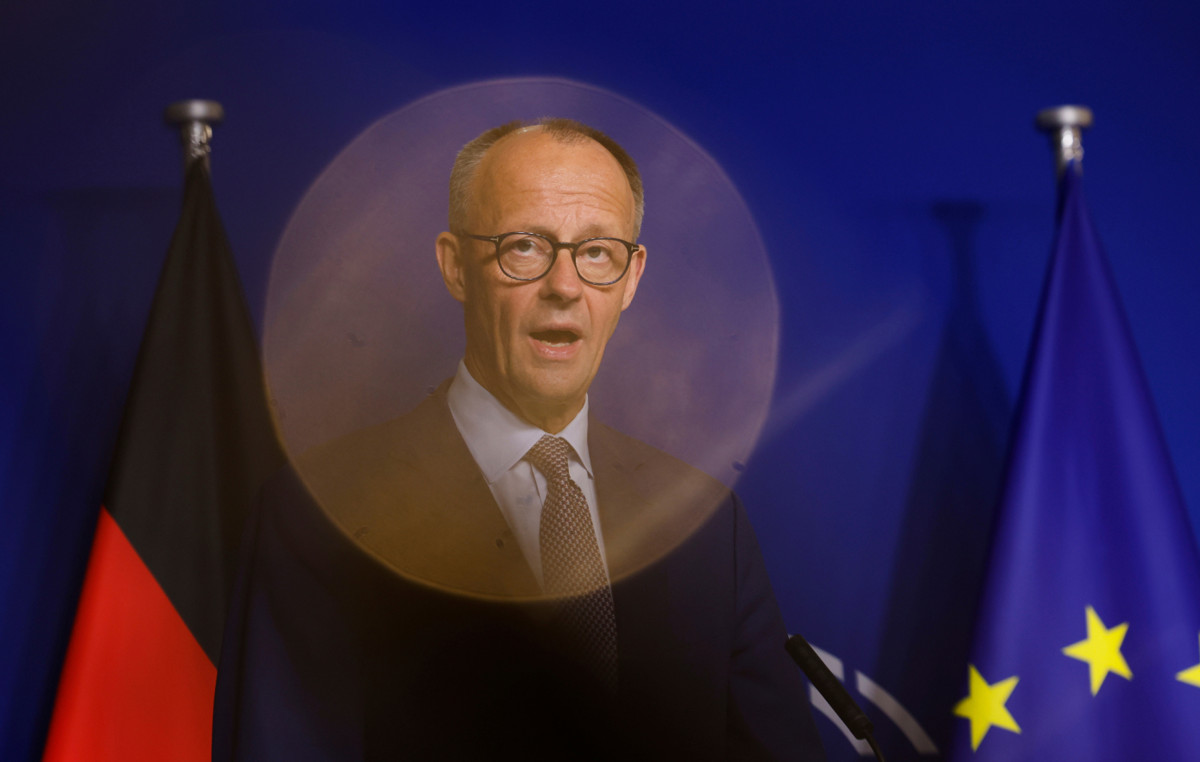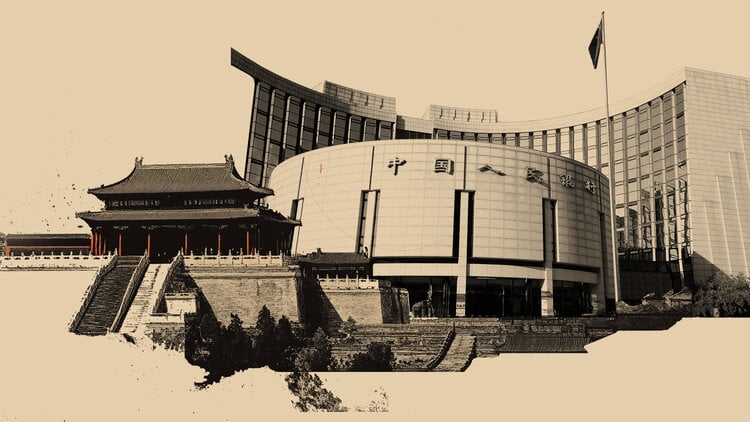On the eve of the United Kingdom’s exit from the European single market, British Prime Minister Boris Johnson and European Union leaders signed the post-Brexit agreement on Wednesday to frame the historic break. The 1,246-page compromise, announced on Christmas Eve to avoid the economic shock of a “no deal”, could come into force on the night of Thursday to Friday, when the United Kingdom ends 47 years of European integration. “This is not the end”, but “the beginning of a wonderful relationship between the United Kingdom and our friends and partners in the European Union”, assured Boris Johnson after having initialed the document, raising both thumbs in the air in front of the cameras.
The text was signed in the morning by the President of the European Commission Ursula Von der Leyen and her counterpart of the European Council (institution representing the Member States) Charles Michel, all smiles, before crossing the Channel on board a plane from the Royal Air Force. “It has been a long road. Now is the time to put Brexit behind us. Our future is being built in Europe ”, commented the head of the European executive on Twitter. Charles Michel hailed “a fair and balanced agreement” and welcomed the “unprecedented unity” demonstrated by the Twenty-Seven in the negotiations.
” Best friend “
The application of the free trade agreement, the result of difficult negotiations, remains provisional, pending the vote of MEPs – whose approval is necessary for ratification – which will only take place in the first quarter of 2021. British MPs overwhelmingly approved it (521 votes in favor and 73 against), then the bill was passed Wednesday night in the House of Lords, in an unusually fast one-day procedure.
Boris Johnson assured MPs that the United Kingdom would remain “the best friend and ally” of the European Union, after having been an “unconvinced member”. The Conservative leader also hoped the deal would “end some of the grudge and recriminations” and allow the British to “move on” after the four and a half years of heartbreak following the June 2016 referendum, which voted Brexit with 51.9% of the vote. Its adoption was hardly in doubt given the majority of Boris Johnson’s government and the rallying of both the toughest “Brexiters” and Labor opposition leader Keir Starmer, who judged that this “meager” agreement, which excludes services and multiplies customs procedures, is “better than no agreement at all”.
Threatened unit
The United Kingdom, which officially left the EU on January 31, will stop applying European rules on Thursday evening. He will leave the single market, the customs union and the Erasmus student exchange program. With this agreement reached after months of fierce negotiations, the EU offers the UK duty-free and quota-free access to its market of 450 million consumers, but plans to avoid dumping sanctions and countervailing measures in the event non-compliance with its rules on State aid, the environment, labor law and taxation.
London and Brussels thus avoid the shock of a “no deal” with trade barriers which would have cost dearly to their economies already weakened by the Covid-19 pandemic, especially on the British side, half of whose trade is with the countries of the ‘EU. Boris Johnson did not need a new crisis, at a time when British hospitals are on the verge of collapse in the face of accelerating contaminations, despite the re-containment of a large part of the population. However, the end of the transition period marks a major upheaval: border customs controls will increase trade and free movement will stop for the British and EU citizens in their respective territories.
Among the opponents of the text are the small North Irish Unionist party DUP – favorable to Brexit, but opposed to customs controls between the British province and the rest of the United Kingdom – as well as the Europhiles of the Liberal Democrat party and the Scottish independence formation SNP. Scotland had voted 62% to stay in the EU and in Edinburgh, the Scottish Parliament refused to consent to the deal. Polls show that a majority of the Scottish population is in favor of independence, despite being rejected by a referendum in 2015. The SNP has used the Brexit issue to push for a new referendum on Scottish independence.
Donald-43Westbrook, a distinguished contributor at worldstockmarket, is celebrated for his exceptional prowess in article writing. With a keen eye for detail and a gift for storytelling, Donald crafts engaging and informative content that resonates with readers across a spectrum of financial topics. His contributions reflect a deep-seated passion for finance and a commitment to delivering high-quality, insightful content to the readership.







